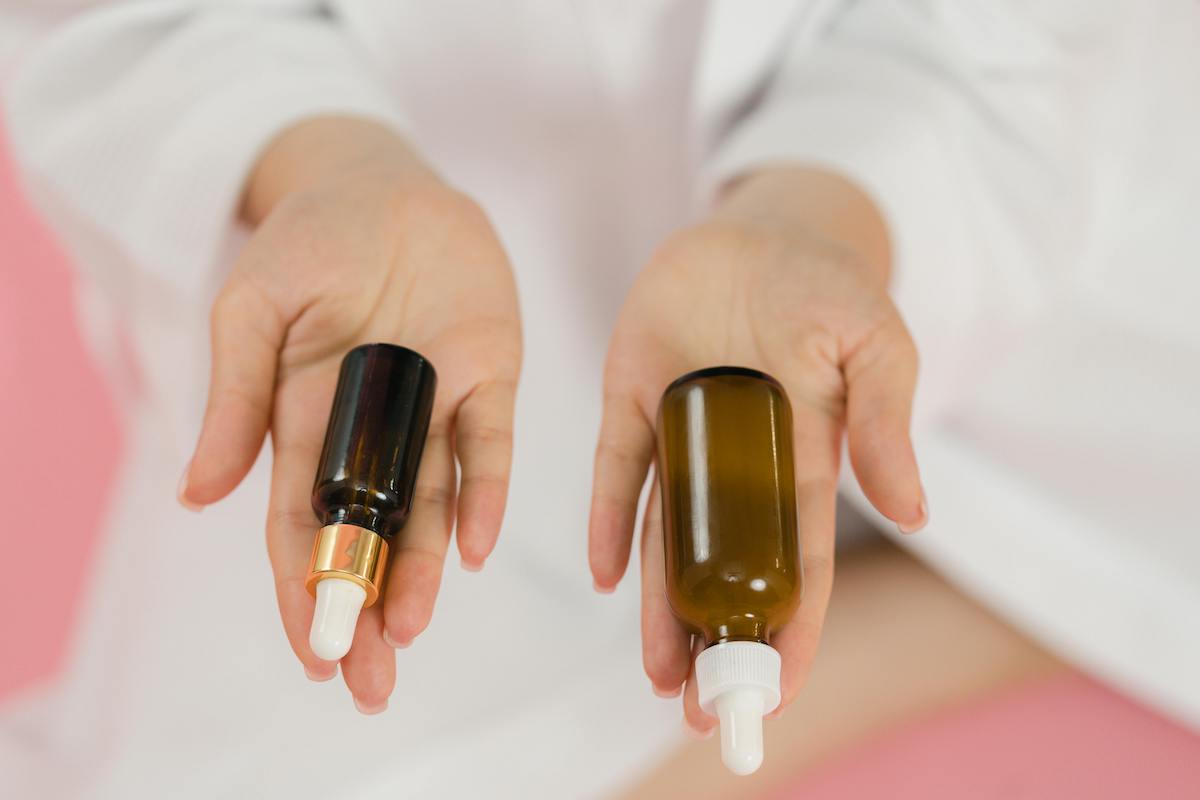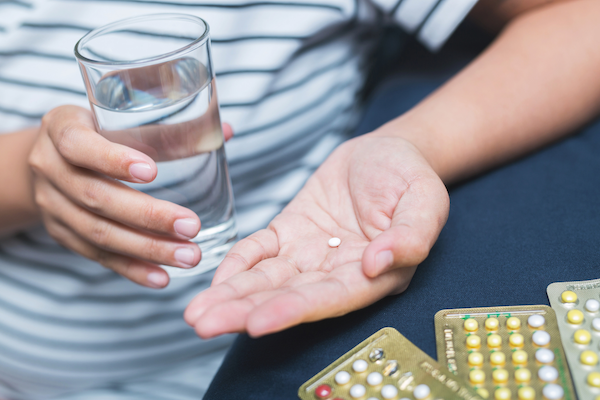If you’re thinking about trying to conceive – and especially if you’ve been waiting for the right time — you probably want to know what you can do to make it happen more quickly.
One answer is that getting pregnant often takes time and patience. But there are a few things you can do to increase your chances on each cycle. Despite what the internet will tell you, they are not things like taking supplements or eating a special diet; the topics I’ll cover below are the basics, but they are what the data says works.
A quick note first: the advice below generally applies to heterosexual couples without fertility issues. If you are an LGBTQ+ couple or experiencing infertility, you may find our other TTC articles more helpful.

Do: Track your cycle
The average menstrual cycle is 28 days in length, with ovulation at day 14. But that’s just the average, and there’s a lot of variation across people. Normal cycles can vary from 21 to 35 days, cycles can be variable in length even within a person, and not everyone ovulates 14 days before their period. Tracking your cycle can help you time sex and know when to take a pregnancy test. It’s something you can do even before you start to try to conceive, once you go off hormonal birth control.
There are plenty of apps that can help you track your cycle, and if you’ve got an Oura ring, that can help too by using your temperature to pinpoint cycle length and ovulation.
Learn more: Are Fertility Trackers and Ovulation Kits Necessary?
Do: Have sex at the right time
Conception is most likely if you have sex on the day of ovulation or within two days before. If you’re tracking your cycle well, you’ll know when those days are. Sex up to six days before ovulation can lead to conception, but it’s most likely if you get the timing right.
Learn more: How to Time Sex for Pregnancy
Do: Avoid overheating (if you have testicles)
Unlike eggs, which are all produced even before a woman is born, sperm are constantly regenerated. One thing that gets in the way of that regenerating is heat. If testicles are consistently heated (in saunas, hot tubs, tight underwear), that can cut down sperm count (even all the way to zero). If you are trying to conceive, this is not good. Male partners: take a break from your testicle-heating activities.
Learn more: What Negatively Impacts Male Fertility?
Don’t: Use spermicidal lube
Many commonly available lubricants (things like KY Jelly) have been shown to decrease sperm mobility. If you are going to use a lubricant, try PreSeed, which hasn’t been shown to have this impact.
Learn more: Does Using Lube Hurt Your Chances of Getting Pregnant?
Don’t: Worry about the right sex position
There is nothing in the data to suggest that a particular sex position increases your chances of getting pregnant. You do not need to put your legs up the wall, lie down for 20 minutes, or contort yourself into odd positions during sex to make conception work. As long as there is ejaculate in the vagina, that’s good to go.
Learn more: What’s the Best Sex Position for Conception?
Don’t: Binge drink
You do not need to completely cut out alcohol during the “two-week wait”; at this stage, even if you conceive, you are not sharing blood with your baby, so some alcohol consumption is fine. However, binge drinking during this period has been shown to interfere with conception. If you do conceive, binge drinking during this period should not impact the fetus (given the stage of development), but if you are actively trying to conceive, it will improve your chances if you keep it to lower levels.
Learn more: Does Alcohol Use Impact Conception?
Don’t: Get discouraged if it doesn’t happen right away
It takes time to get pregnant. When it works out, the average time to pregnancy is about four months and longer for those who are older. This means two things: first, set your expectations right. Pregnancy can happen the first month you try, but it usually doesn’t. And, second, try not to get discouraged — it’s completely normal for it to take a long time, and there are lots of resources available to you if you need them.
Learn more: How Long Does It Take to Conceive?
Do: Know when to see a doctor (based on your age)
There are some general guidelines about when to see a doctor to evaluate possible fertility issues. They are: after 12 months if you are under 35, after six months if you are 35 to 40 and immediately if you’re over 40. These guidelines are built this way because of how much potential fertility you have left. If you’re 29 and you wait a year, there are still many fertile years left. If you are 41, you have a limited amount of time, and you want to have the best chance possible in all the viable months.
Having said this, there is judgment to be used here, too. If you are 34 and you’ve been tracking your cycle and timing sex, and it’s been eight months, it may make sense to check in with your doctor, even if you aren’t quite at the time limit. At this stage, your doctor can run some simple tests to evaluate whether there are any areas of concern.
Learn more: When Should I See a Fertility Doctor?
Community Guidelines
















Log in